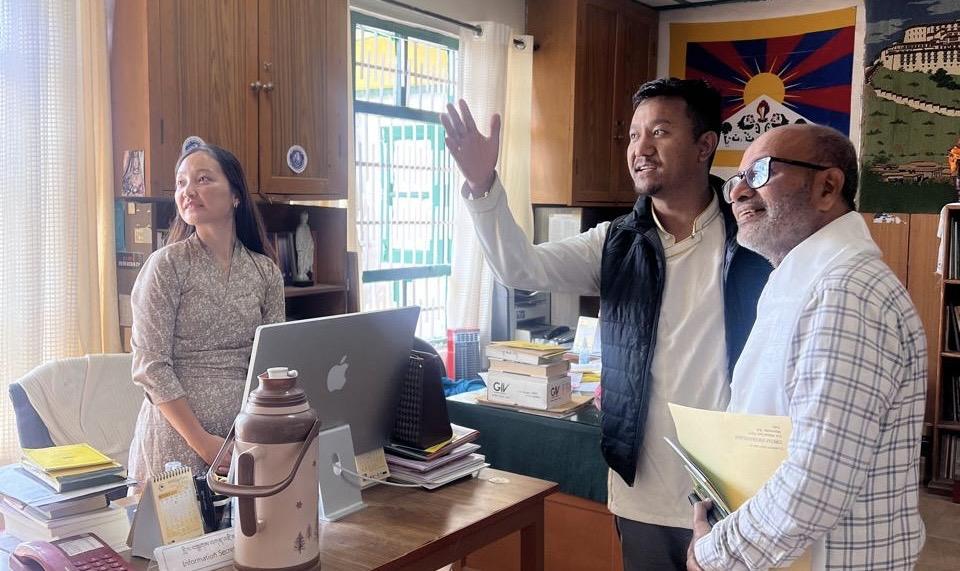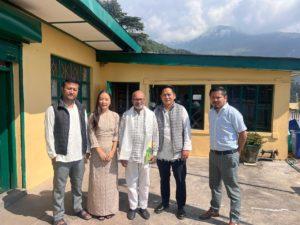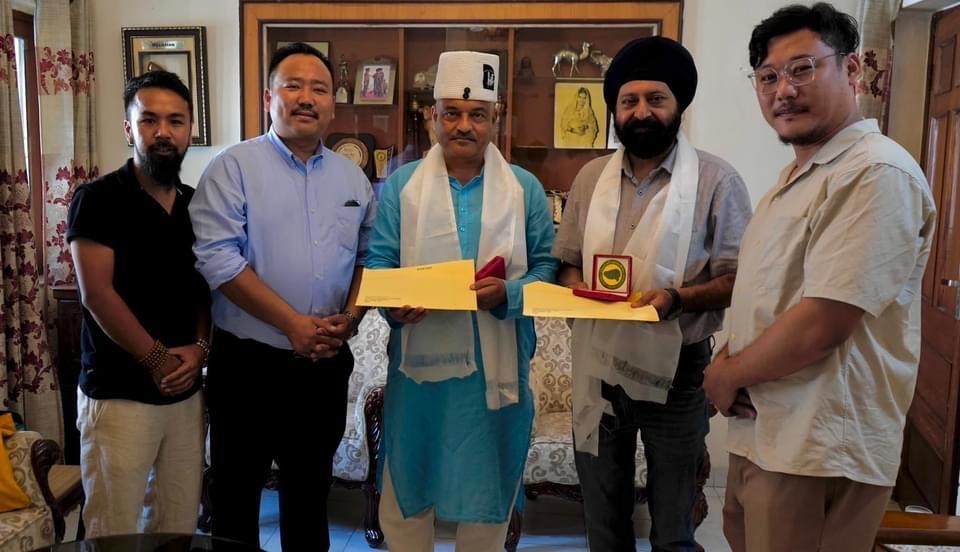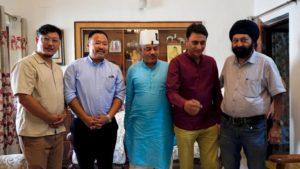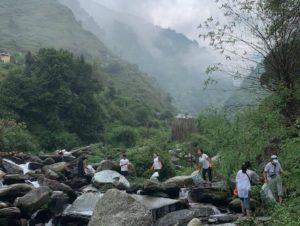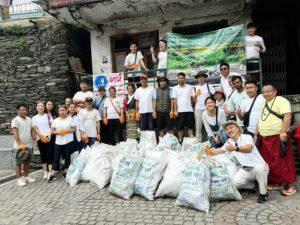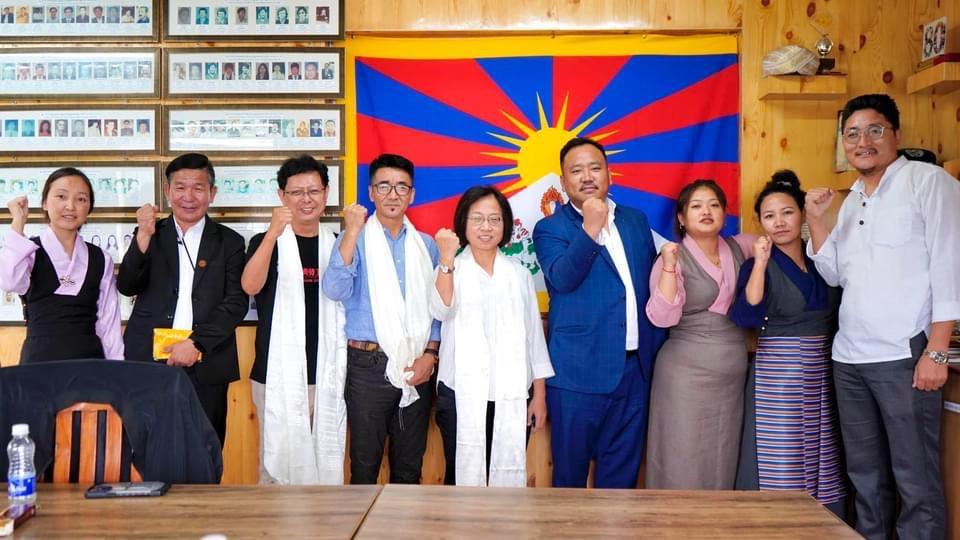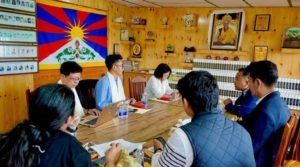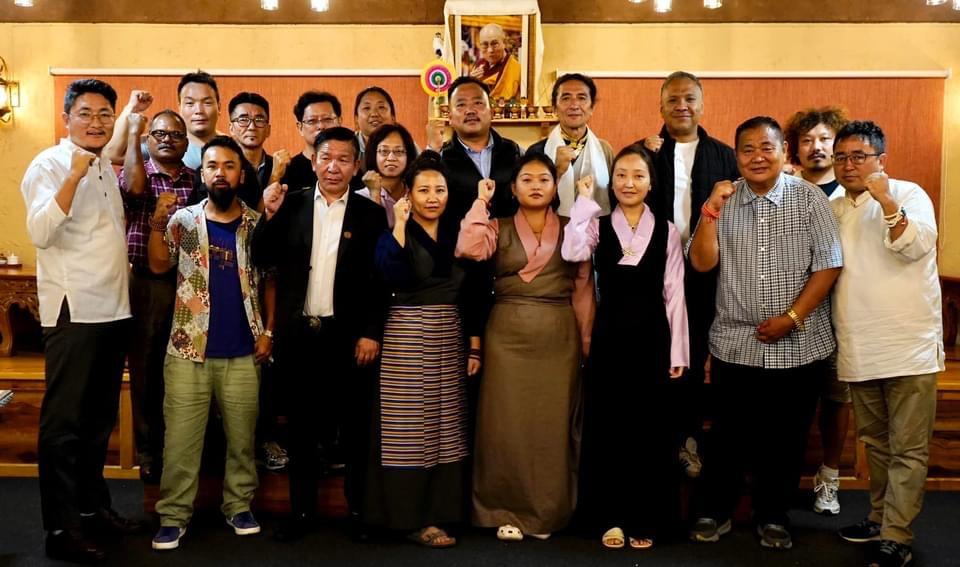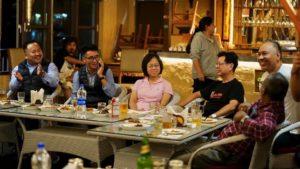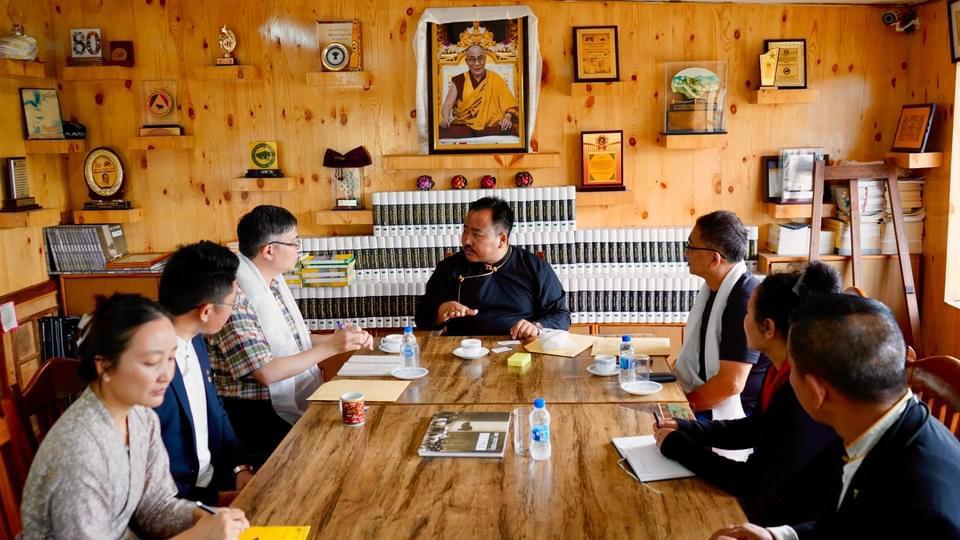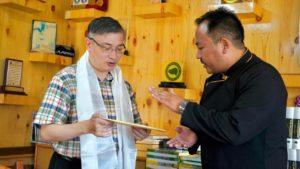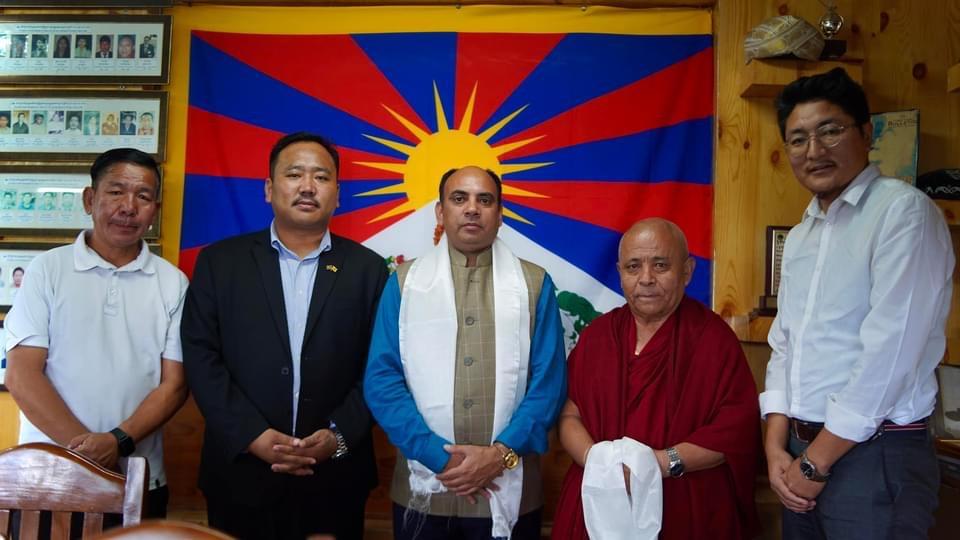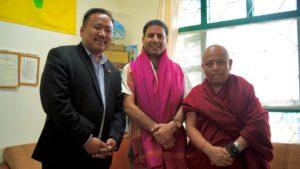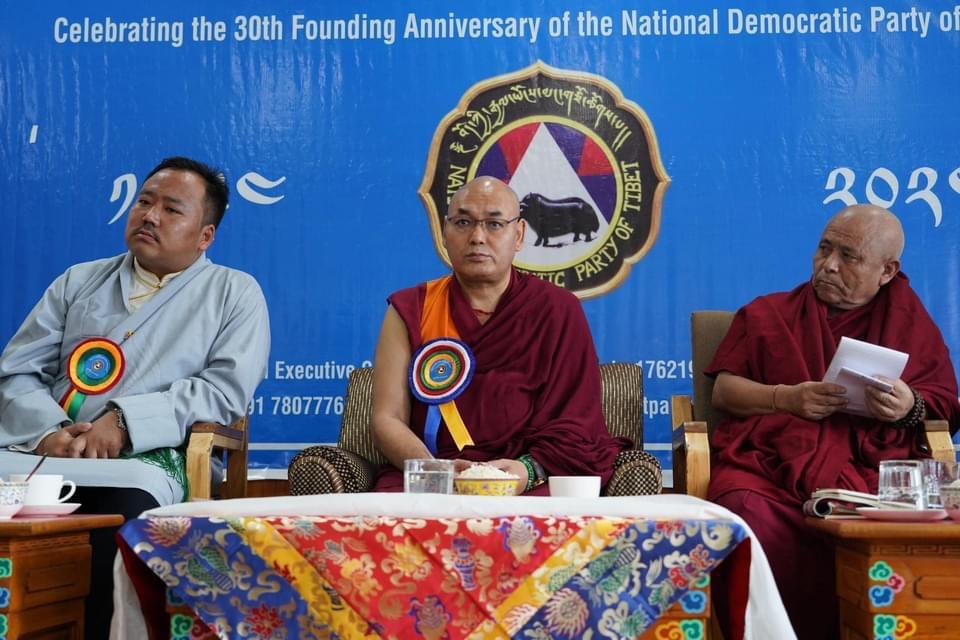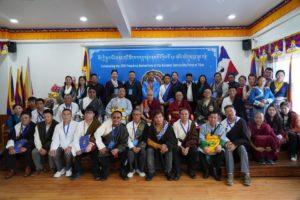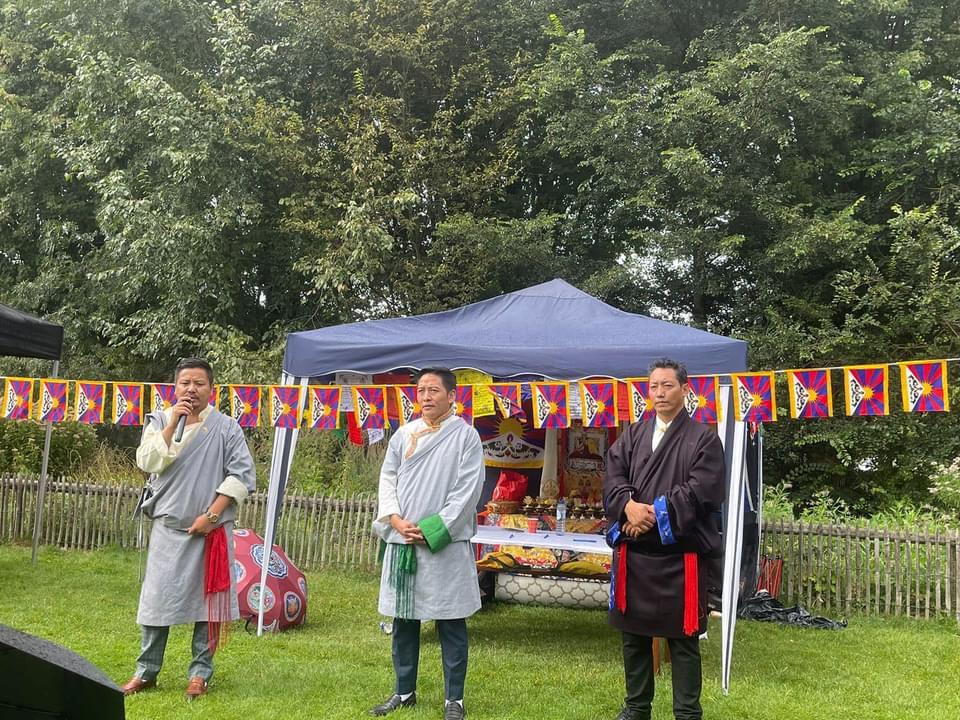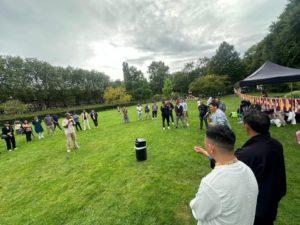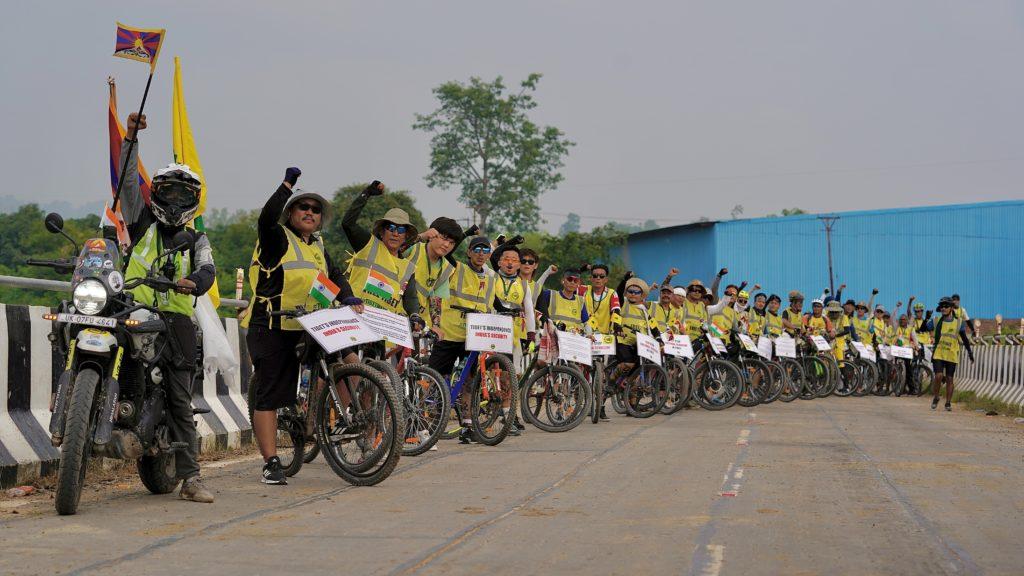
TYC Cycle Rally to condemn Chinese cultural genocide inside Tibet:
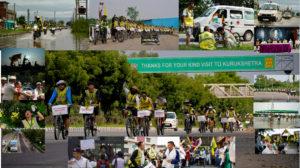
TYC organized a cycle rally from Dehradun to Delhi via Chandigarh from September 24th to 30th. Over 50 volunteers from the northern chapters of TYC participated in the rally, covering 70-80 km daily for seven days, through various weather conditions and terrain. Our rally had participants from different age groups.
The primary objective of this rally is to expose the atrocities committed by the Chinese Communist Regime in Tibet and oppose its illegitimate rule, which has persisted for over six decades. We aim to draw urgent international attention to the ongoing cultural genocide in Tibet, where China is imposing hardline policies to systematically eliminate Tibetan culture and identity. These policies include forcing Tibetan children into colonial-style boarding schools, restricting access to Tibetan culture-related curriculum activities, and imprisoning teachers and individuals preserving the Tibetan language. Additionally, China has forcefully closed Tibetan schools and monastic institutions, which have long played a vital role in preserving and protecting Tibetan culture, language, and spiritual heritage.
According to the latest reports, approximately 1,700 young monks from Kirti Monastery and two other monasteries in Dzoge County, Ngaba, in the traditional region of Amdo (now incorporated into Sichuan Province), have been forcibly removed from monastic life and enrolled in government-run, colonial-style boarding schools against the wishes and consent of both the monks and their parents. This egregious violation of their rights and freedoms is a stark reminder of the Chinese government’s ongoing efforts to suppress Tibetan culture and identity.
Our cycle rally participants faced some minor setbacks, but ultimately, all members reached Delhi safely, with the exception of one individual who fell ill with dengue fever. During our rally across four Indian states and two union territories, we connected with local support groups and leaders, garnering encouragement and support for the Tibetan cause. We distributed informational pamphlets and generated extensive media coverage, with over 70 notable press mentions for our cycle rally and protest event.
Aims and Objectives:
1. Demand that the Chinese Communist Regime immediately stop its cultural genocide in Tibet.
2. Urge the international community to take immediate action to hold China accountable for its inhumane atrocities in Tibet.
3. Call upon the Indian government and people to support Tibet’s independence, recognizing that a free Tibet is essential for regional security, stability, and peace.
